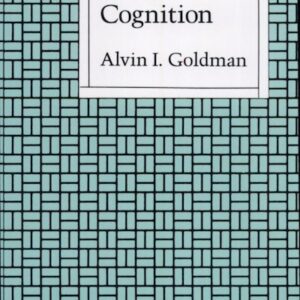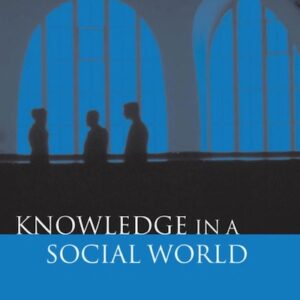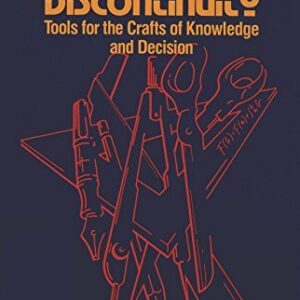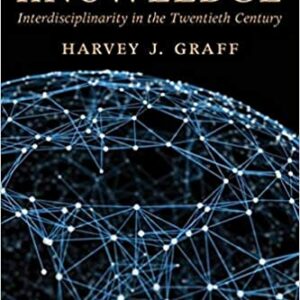
Advice and Planning
By Martin H. Krieger (NHC Fellow, 1978–79)

By Martin H. Krieger (NHC Fellow, 1978–79)

By Alvin I. Goldman (NHC Fellow, 1981–82) Whatever the target of our effort to know—whether we probe the origin of the cosmos, the fabric of man-made symbols and culture, or simply the layout of our immediate environment—all knowledge is grounded in natural cognitive capacities. Philosophers of knowledge must therefore make use of the science of … Continued

By Alvin I. Goldman (NHC Fellow, 1981–82) A certain conception of social epistemology is articulated and applied to numerous social arenas. This conception retains epistemology's traditional interest in truth and reliable inquiry, but replaces its customary emphasis on solitary knowers with a focus on social institutions and interpersonal practices. Postmodernism, science studies, and pragmatism pose … Continued

By Martin H. Krieger (NHC Fellow, 1978–79) Marginalism and Discontinuity is an account of the culture of models employed in the natural and social sciences, showing how such models are instruments for getting hold of the world, tools for the crafts of knowing and deciding. Like other tools, these models are interpretable cultural objects, objects that … Continued

By Harvey J. Graff (NHC Fellow, 2013–14) Interdisciplinarity―or the interrelationships among distinct fields, disciplines, or branches of knowledge in pursuit of new answers to pressing problems―is one of the most contested topics in higher education today. Some see it as a way to break down the silos of academic departments and foster creative interchange, while … Continued

Sitting in a large field in Leakey, Texas at night, I looked up and there were millions and millions of stars around me. I was awe struck about how small a human is, but how much knowledge we obtain.